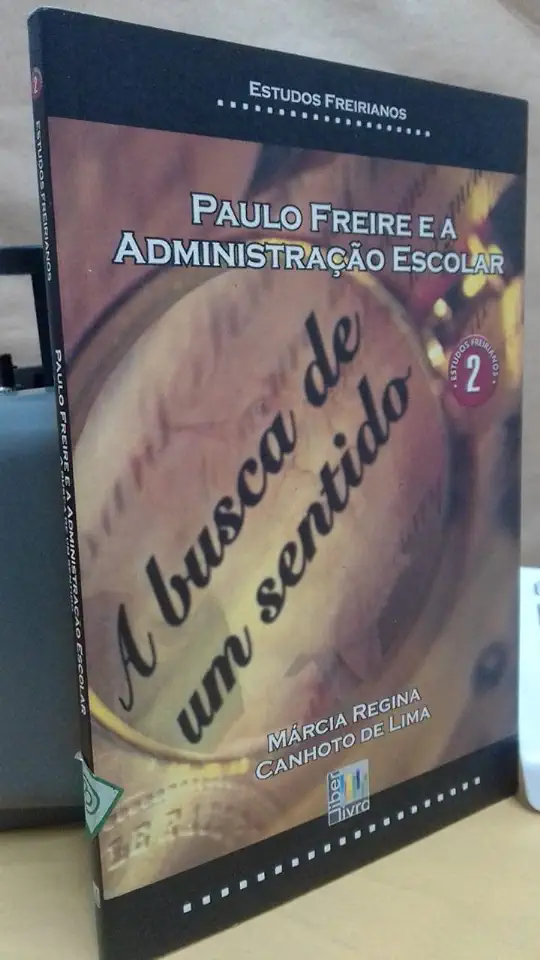
Paulo Freire and School Administration - Márcia Regina Canhoto de Lima
Paulo Freire and School Administration: A Transformative Approach to Educational Leadership
Introduction
In his seminal work, "Paulo Freire and School Administration," Márcia Regina Canhoto de Lima presents a compelling exploration of the renowned Brazilian educator's ideas and their profound implications for school administration. Drawing upon Freire's groundbreaking theories of critical pedagogy and transformative education, Lima argues for a radical reimagining of educational leadership that places social justice, equity, and the empowerment of marginalized communities at the forefront.
Freire's Legacy and the Imperative for Change
Paulo Freire, a visionary thinker and educator, emerged as a leading voice in the field of education during the 20th century. His revolutionary approach to education, rooted in the principles of critical consciousness and liberation, challenged traditional notions of teaching and learning and ignited a global movement for social change. Freire's work has had a profound impact on educational theory and practice, and his ideas continue to inspire educators and activists worldwide.
Critical Pedagogy and Transformative Education
At the heart of Freire's educational philosophy lies the concept of critical pedagogy, a transformative approach that seeks to empower individuals to critically examine their social reality and work towards its transformation. Freire argued that education should not merely transmit knowledge but should also foster critical thinking, dialogue, and collective action to address social injustices and inequalities.
School Administration as a Transformative Force
Lima contends that Freire's ideas have profound implications for school administration, urging educational leaders to embrace a transformative approach that transcends traditional notions of management and bureaucracy. She argues that school administrators should serve as catalysts for change, fostering a culture of collaboration, empowerment, and social responsibility within their schools.
Key Principles of Transformative School Administration
Lima outlines several key principles that underpin transformative school administration, drawing upon Freire's work:
Dialogue and Collaboration: Transformative school administrators prioritize dialogue and collaboration, fostering a sense of community and shared purpose among all stakeholders.
Empowerment and Voice: They empower students, teachers, and community members to actively participate in decision-making processes, ensuring that their voices are heard and valued.
Critical Consciousness: Transformative school administrators promote critical consciousness, encouraging individuals to critically examine their social reality and challenge oppressive structures.
Social Justice and Equity: They champion social justice and equity, working to dismantle systemic barriers and create inclusive and welcoming school environments.
Leadership for Liberation: Transformative school administrators view their role as one of liberation, striving to create conditions that enable all individuals to reach their full potential.
Transformative School Administration in Practice
Lima presents inspiring examples of transformative school administration in action, showcasing schools and educational leaders who have successfully implemented Freire's ideas. These case studies demonstrate the transformative power of Freire's approach, highlighting its potential to create more just, equitable, and empowering educational environments.
Conclusion
"Paulo Freire and School Administration" is a thought-provoking and essential read for educational leaders, educators, and anyone committed to social justice and educational transformation. Márcia Regina Canhoto de Lima's insightful analysis of Freire's work provides a powerful framework for reimagining school administration and creating schools that empower individuals, foster critical consciousness, and work towards a more just and equitable society.